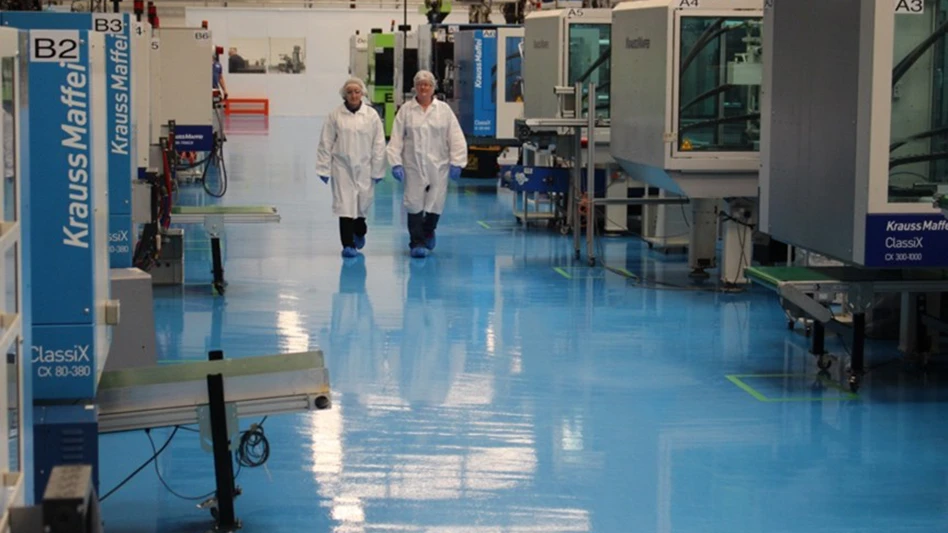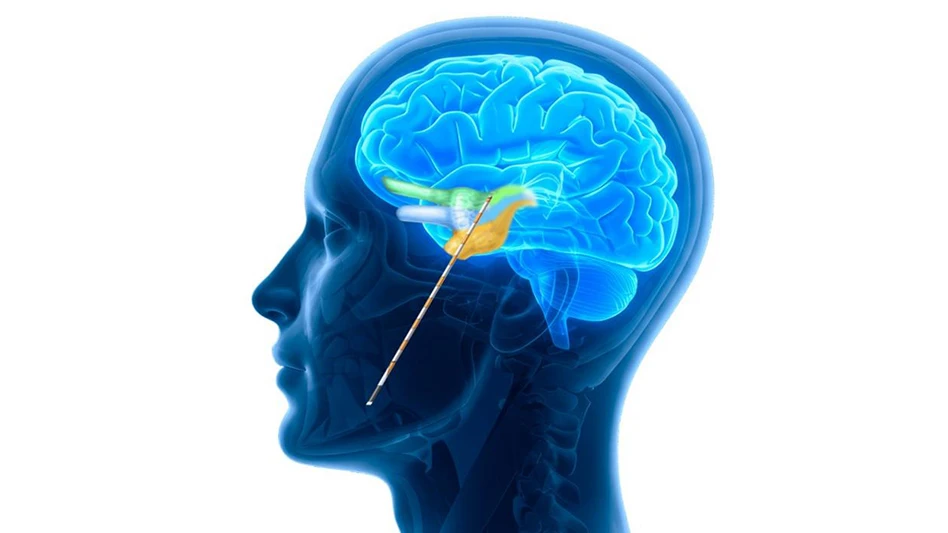
Saratoga, California– VisionCare Ophthalmic Technologies Inc. officials announce that the U.S. Food and Drug Administration (FDA) approved the Implantable Miniature Telescope (by Dr. Isaac Lipshitz) for use in patients living with bilateral end-stage age-related macular degeneration who are age 65 or older. The telescope implant is the only FDA approved surgical device for end-stage AMD and is Medicare eligible.
The telescope implant is the integral component of VisionCare’s comprehensive treatment program called CentraSight, which helps patients follow the steps necessary for proper diagnosis, surgical evaluation, implantation and postoperative care. The telescope implant improves visual acuity and quality of life for suitable patients with AMD whose sight is permanently obstructed by a blind spot in their central vision, making it difficult or impossible to see faces, read, and perform everyday activities such as watching TV, preparing meals, and self-care.i End-stage AMD is uncorrectable by any other treatment including glasses, vitamins, drugs or cataract surgery and is associated with increased stress and depression as vision diminishes.ii
“Despite all the great pharmacotherapy advances in AMD treatment, some patients will unfortunately progress to end stage AMD where their straight ahead, central vision is permanently blocked,” said Dr. David Boyer, of Retina Vitreous Associates Medical Group, Beverly Hills, CA. “Once end-stage AMD patients have lost their central vision, cataract surgery will not provide them with as much benefit to their quality of life as the telescope implant.”
AMD is the leading cause of vision loss in Americans aged 60 and older, affecting an estimated 15 million people.i Of those, 2 million Americans are living with end-stage AMDiii and that number will increase as the Baby Boomer cohort ages.i
“We are pleased and excited about this important FDA decision,” said Allen W. Hill, president and CEO, VisionCare Ophthalmic Technologies. “We developed the telescope implant to help older adults who’ve missed seeing moments in their life and lost much of their independence. Now, younger individuals, those age 65 to 74, will also have access to this important therapy for treating end-stage AMD.”
The telescope implant is not a cure for End-stage AMD. As with any medical intervention, potential risks and complications exist with the telescope implant. Possible side effects include decreased vision or vision impairing corneal swelling.
Source: VisionCare Ophthalmic Technologies
i What is AMD? Macular Degeneration Partnership. Accessed on September 19, 2014 at http://www.amd.org/what-is-macular-degeneration/
ii Bennion, AE, Shaw, RL, Gibson, JM “What do we know about the experience of age related macular degeneration? A systematic review and meta-synthesis of qualitative research?” Social Science & Medicine. 75 (2012) 976-985.
iii Vision Problems in the United States. Prevent Blindness America. Accessed on September 19, 2014 at http://www.visionproblemsus.org/amd/amd-map.html
Latest from Today's Medical Developments
- Boston Scientific to acquire Penumbra, expanding cardiovascular portfolio
- Star Cutter introduces Double Pilot Reamer
- #80 Manufacturing Matters - Machining Strategies to Save Time and Improve your Process for MedTech Components with Kennametal Inc.
- Real-world parts and expert manufacturing advice
- Experts discuss the latest in toolholding technology
- How permanent magnets are powering medical innovation
- Forecasting the year ahead in design and manufacturing
- Tecomet, Orchid Orthopedic Solutions announce merger agreement





